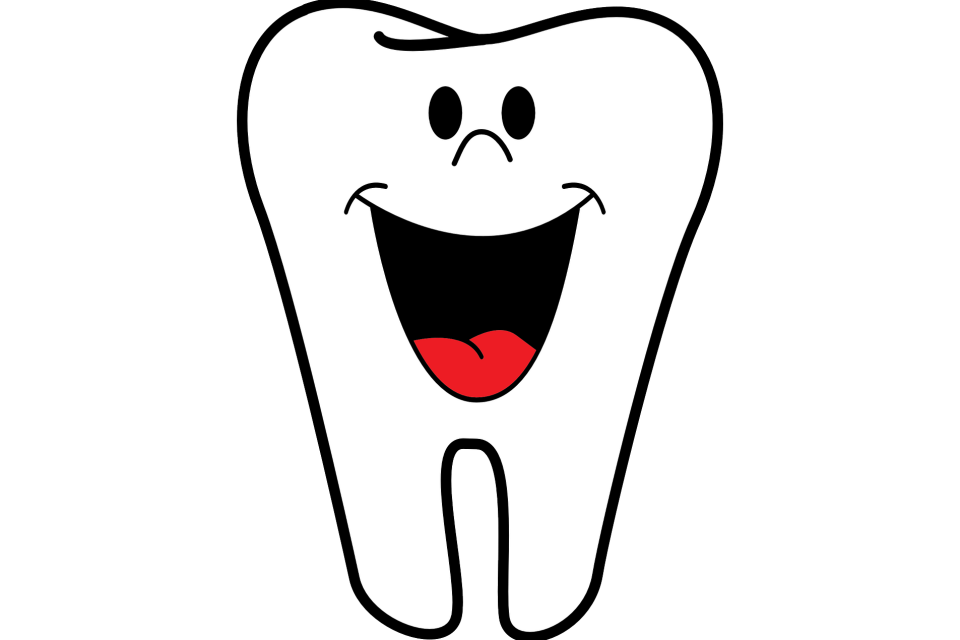Happy Thanksgiving! While we may be giving thanks for the many blessings in our lives, we also often need to battle the stressors.
This time of year always seems more stressful, but stress in general is hard to avoid. We worry about school, work, finances, illness, children, relationships, and more. Some even worry about how much they worry. Not to add to your stress, but you should be aware that all that worrying could have a negative impact on not only your general health, but also your oral health.
According to an article in the Journal of Periodontology, there is a strong relationship between stress and periodontal disease (gum disease). In addition to stress, other psychological factors, such as anxiety, depression, and loneliness are linked to an increased likelihood of periodontal disease.
So how does stressing out about your next car payment, for example, lead to gum disease? Researchers believe that the hormone cortisol may be a factor. Cortisol , also known as the “stress hormone,” is secreted by the adrenal glands and involved in many functions, including proper glucose metabolism, blood pressure regulation, insulin release for blood sugar maintenance, immune function, and inflammatory response. An earlier study published in the same journal the year before found that increased levels of cortisol can lead to more destruction of the gums and bone due to periodontal diseases.
Behavioral factors also may come into play. People who are under extreme amounts of stress or suffering from depression may be more likely to disregard good oral hygiene. They may even take on new behaviors that could negatively impact their oral health, such as the use of nicotine, alcohol, or drugs, all of which can affect the teeth and gums.
Your gums are not the only victims of stress. Another oral side effect is teeth grinding or clenching, which often occurs during sleep. This may lead to headaches, earaches, or toothaches. Facial muscles can become sore and jaw joints tender. Besides causing discomfort, grinding and/or clenching can lead to severe tooth wear, loosening of teeth, and cracked or fractured teeth.
It is important to find healthy things that help relieve stress. A regular exercise routine can do wonders for relieving stress, as well as having a balanced nutritious diet and getting enough sleep. You should be getting 7-8 hours of good sleep every night. If you are not getting that amount, you are depriving yourself of optimal performance.
If you find it difficult to manage your stress, you should see your physician. You should also make your dentist aware of your stress level so that he/she can determine if there are any notable effects going on within your masticatory system and make recommendations to help.
I’ll leave you this week with a quote from A. Cornelius Celsus’s DeMedicina. He was a Roman author and medical historian, and wrote this about 2000 years ago.
Live in rooms full of light.
Avoid Heavy food.
Be moderate in the drinking of wine.
Take massage, baths, exercise and gymnastics.
Fight insomnia with gentle rocking or the sound of running water.
Change surroundings and take long journeys.
Strictly avoid frightening ideas.
Indulge in cheerful conversation and amusements.
Listen to music.
Stress cannot be avoided, but it can be managed and minimized by change.
Dr. St. Clair maintains a private dental practice in Rowley and Newburyport dedicated to health-centered family dentistry. He has a special interest in treating snoring, sleep apnea and TMJ problems. If there are certain topics you would like to see written about or questions you have please email them to him at jpstclair@stclairdmd.com



